- Учителю
- Урок английского языка на тему 'The Great War 1914-1918 ' (10 класс)
Урок английского языка на тему 'The Great War 1914-1918 ' (10 класс)


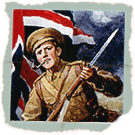

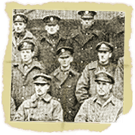
Aims:
-
To get students to think about popular perceptions of the Great War, how these have changed over time
-
To examine original sources
-
To give students a feel for the complexity of the Great War and the scale of its impact on those who fought in it and those of us affected by its legacy today.
-
To encourage students to understand how and why the Great War was the subject of so many memorials and to consider how appropriate those memorials are.

The Great War I is a topic that still excites huge interest among young students and the general public.
Task 1: Why did Britain go to war in 1914? Work in groups of three or four.
Examine the statements below. For each statement you should put something in either column 2 or 3. If you feel the evidence is not clear, or the statement is a bit misleading, you could put something in both columns.
Statement
There is clear evidence to support this statement. For example …
I have some reservations about this statement. My reasons are …
Britain did not know anything about Germany's plans to invade France through Belgium.
The British government had detailed war plans as early as 1911.
Britain was not worried at all by Germany's naval expansion.
France was confident that it would get the support of Britain in 1914.
Britain's top priority in the summer of 1914 was to protect Belgium.
Germany made no effort to explain its actions in Belgium.
Public opinion in Britain helped to push Britain into war in 1914.
There was huge public support for the government's decision to go to war in 1914.
There was major opposition to war in 1914.
Listening Task 2: Listen to the song. What is the aim of the song (poem)?
Two versions of the song are included here (for which abridged lyrics are reproduced below), both recorded in 1914. Edna Thornton and Helen Clark's renditions are available.
Your King and Country Want You
We've watched you playing cricket and every kind of game,
At football, golf and polo you men have made your name.
But now your country calls you to play your part in war.
And no matter what befalls you
We shall love you all the more.
So come and join the forces
As your fathers did before.
Oh, we don't want to lose you but we think you ought to go.
For your King and your country both need you so.
We shall want you and miss you
But with all our might and main
We shall cheer you, thank you, bless you
When you come home again.
Culture note: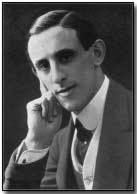
A sentimental favourite at the start of war in 1914, Your King and Country Want You was penned by Paul Rubens.
Rubens had established himself in the pre-war years as the author of numerous popular musical shows.
A prolific author, lyricist and composer, Rubens' career was cut short by his early death from consumption at the age of 41 in 1917.
Your King and Country Want You was notably used as a means of persuading young men to enlist for military service in 1914.
Task 3: Plan a speech
It is Christmas 1914. You are British Prime Minister Herbert Asquith. Like most British people, you thought the war would be over by Christmas. It is now obvious to everyone that it will not be over for some time.
You are going to give a speech in Parliament that will be reported in all the newspapers. Your aim is to remind people why Britain went to war in August 1914 and to convince them that the cause is worth the suffering.
Use the recording sheet to help you plan your speech.


Points and evidence about Belgium
Points and evidence about Germany being a threat to Britain
PM Herbert Asquith
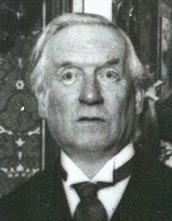
Points and evidence about public support for the war
Points and evidence about supporting Russia and France
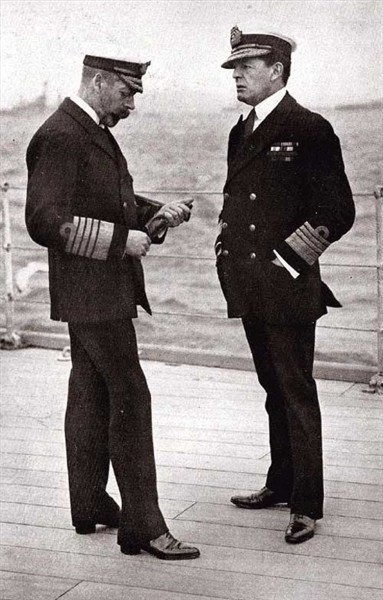
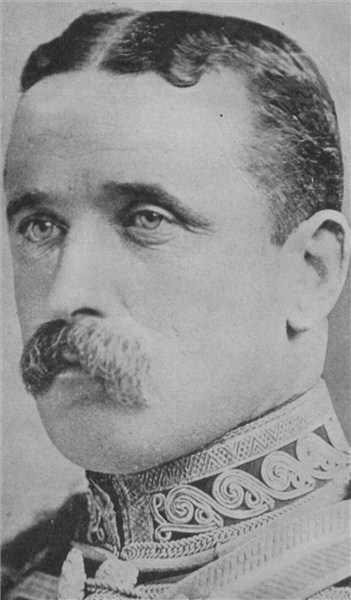
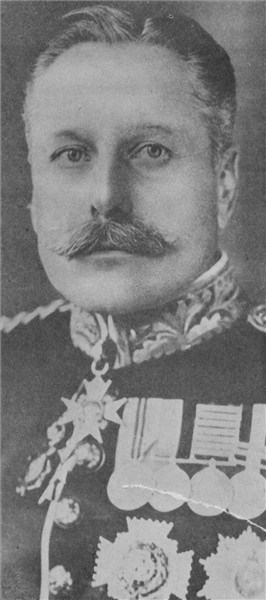
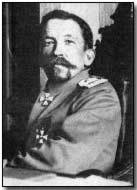
Task 4: The military commanders… (Lavr Georgeevich Kornilov, Alexei Alekseevich Brusilov, , Sir John Denton Pinkstone French)
Учащимися были подготовлены презентации по следующему плану:
Plan your presentation
There are a variety of different ways to make your presentation. Your teacher may have some suggestions for you. You will need to:
-
Look back over your research.
-
Decide on the format. Options include:
-
a speech to your class, by yourself or as a group presentation
-
a presentation using software like PowerPoint with text and images
-
a mixed presentation using text, images and a recorded commentary (using PowerPoint or multimedia authoring software like QuickTime or Flash)
-
a presenter doing a speech to the camera in the style of a documentary or a news programme (using a video camera)
-
a presentation taking on a character from the time, like a soldier or commander (to the class or to a video camera, by yourself or in a group)
-
your own ideas
Task 5: Work in groups of three or four. Fill in the table
When the Great War officially ended in 1919 (after the Treaty of Versailles was signed), people in Britain agreed that it was important to remember those who had died in this terrible war.
It also continues to provoke debate among academic historians. Add to this is an enduring fascination with the Great War on the part of the media, often rooted in popular perceptions shaped by film, poetry and other media, and we have a winning subject for historical study.
The Great War is one of the most important events in Britain's history. The heavy casualties left a huge psychological impact on the British people. They were determined to remember the men and women who served in the Great War.
This began with a Peace Parade in July 1919 and then a ceremony every year on Armistice Day. This was 11 November, the day the fighting ended. From 1919 onwards, many monuments, ceremonies and other memorials in different parts of the world have remembered the dead.
Acts of remembrance continue today. Armistice Day is now called Remembrance Day. At 11 am, people all over the country stand in silence to remember the dead of the Great War and all other wars.
Choose 3 different examples of Great War memorials.
-
1: Remembering the Great War: Then
-
2: Remembering the Great War: Now
-
The third will be a memorial that you have found. It could be a monument, an event, a website, a TV programme, a re-enactment group or some other memorial.
-
Use the recording sheet to put down your thoughts. There is a blank table for you to fill in and a table with some suggestions for you.
Memorial
For example:
-
The cenotaph in Whitehall
-
A film called…
-
A website called…
Remembering
Explain who or what is being remembered. For example:
-
The dead of a particular area
-
A regiment's role (or a ship's role) at a particular battle or event
-
A particular national group e.g. ANZACs, Indians, Chinese
-
A specific person e.g. General Haig
Aim / purpose
Explain what the memorial is trying to achieve. For example:
-
To make sure people do not forget and/or repeat past mistakes
-
To express thanks for the sacrifices made
-
To provide a place where friends and relatives can gather
-
To make a political point
-
To inform, educate or even entertain
Method
Explain how the memorial tries to achieve its purpose. This might be as a result of:
-
Where it is
-
Events or ceremonies
-
Getting people to see the soldiers as real people
-
Providing useful information
Approval rating 1-10 (10 is excellent)
Express your view on the memorial. You could base your judgements on issues such as:
-
Is the memorial respectful?
-
Is the information accurate?
-
Would the soldiers from the war have liked it?
-
Do people today respect and appreciate it?
-
How does it affect you?
Fill in the table
Memorial
Remembering
Aim / purpose
Method
Approval rating 1-10 (10 is excellent)
6. Подведение итогов
Литература:
-
-
http://www.britannica.com
-
-
http://www.firstworldwar.com/photos/commanders.htm
-
http://www.firstworldwar.com/audio/yourkingandcountrywantyou.htm
-
http://www.firstworldwar.com/video/sirjohnfrench.htm